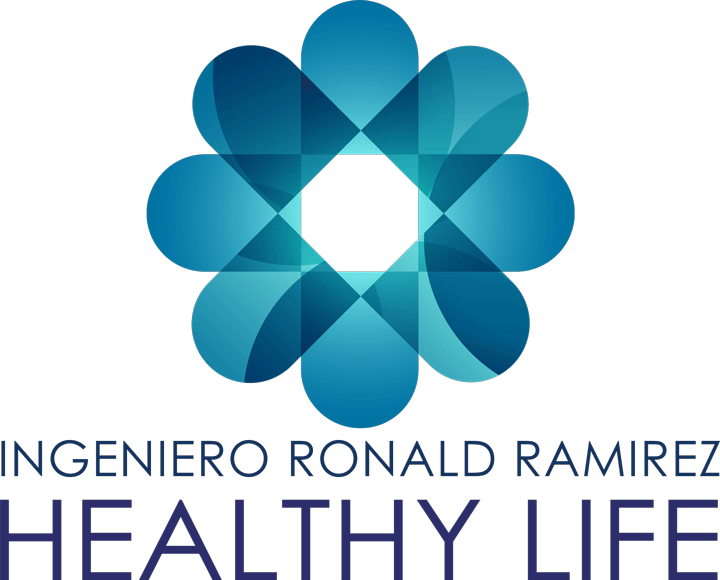
With their strong communication skills and knowledge about medical conditions, procedures, and medications, Family Nurse Practitioners (FNPs) can deliver comprehensive care throughout the stages of pregnancy and infancy. This article covers the crucial role of FNPs in ensuring the overall health of both mothers and their children in more detail.
Why maternal and child health promotion is important
Most pregnancies are usually uneventful. However, there is a small percentage of pregnant women, around 8% who experience complications. In addition, there are many women who die due to maternal causes each year in the US, more compared to other developed countries.
Inadequate maternal and infant health services not only affect pregnant women and their babies but also society as a whole by increasing the burden on healthcare systems. Family Nurse Practitioner (FNP) duties include ensuring they receive the recommended level of care, with a focus on holistic and preventive care. Their duties are ingrained in the role from the start of their education. The online Master of Science in Nursing – Family Nurse Practitioner (MSN-FNP) course at Carson-Newman University, for example, trains Registered Nurses (RNs) in advanced pathophysiology, health assessment, and primary nursing care for adults and infants. Accredited courses like this help prospective FNPs truly understand the importance of maternal and child health promotion so they can make a difference in the field.
How the FNP helps with prenatal care
Newly pregnant women must reach out to their healthcare provider and arrange a prenatal appointment. Typically, this check-up occurs between weeks 6 and 8 of the pregnancy. Attending all prenatal care check-ups is vital as it enables the healthcare provider to identify any potential issues concerning both the mother’s and baby’s well-being.
For pregnancies without active complications, an FNP can act as the primary care provider. FNPs can assist in, perform, or order a variety of prenatal care services, including physical examinations, blood tests, genetic screening counseling, ultrasound examinations, and vaginal and rectal swabs.
Aside from initial assessments and screenings, FNPs may also teach their patients about exercises that are safe during pregnancy, eating healthy, and vitamins and minerals that are best for the mother and baby. FNPs are also counselors. They provide advice and guidance to address their patient’s emotional and psychological needs that are associated with the pregnancy.
The FNP’s role in labor and delivery
FNPs are not licensed to deliver babies. However, they are still a crucial part of the labor and delivery team by fulfilling the following roles and responsibilities:
- They work alongside doctors, midwives, and nurses to closely monitor labor progression. They measure the cervical dilation (open) and effacement (stretch).
- They also monitor the blood pressure, pulse, respiratory rate, and temperature of the mother and baby.
- They may help in the actual delivery procedure in certain circumstances. This can involve keeping an eye on the mother’s and baby’s health, coaching the mother during pushing, and lowering the possibility of harm to the perineum – the region between the mother’s genitalia and anus.
- They can also administer pain medications, local anesthesia, and other pain relief measures prescribed by the obstetrician.
Care for the mother post-delivery
After the delivery of the baby (the postpartum period), giving adequate care to both mothers and newborns becomes highly crucial. The precise duties of an FNP in this phase will vary based on numerous factors, but they might include the following tasks:
- They guide and teach new mothers about different aspects of post-delivery care, including contraception choices, infant feeding, and cleaning of their private areas (also called perineal care).
- They can perform assessments on both the mother and newborn to catch potential issues as they arise and provide prompt intervention.
- They help identify signs of postpartum depression and provide the necessary interventions.
- They can discuss and provide information on family planning for future pregnancies, contraceptive options, and other concerns about pregnancy and newborn care.
The FNP’s role in infant growth
FNPs can specialize to take on more complex roles, including taking care of infants and children throughout their lifespan. Here are a few important responsibilities for FNPs after a baby is born:
- They regularly monitor the growth and development of newborns by measuring their head circumference, length, and weight. These measurements are good indicators of potential concerns or delays that must be monitored.
- They perform assessments on the newborn’s vital signs, reflexes, and skin conditions.
- They administer vaccines and educate parents about their importance.
- They provide health education and guidance on newborn care and managing common concerns with newborns, such as colic (sharp and brief pain in the abdomen), diaper rash, and teething.
- If the newborn has an existing health problem – such as yellowing of the skin and body tissues, low blood sugar, or respiratory infections – FNPs work closely with other healthcare providers to create an appropriate treatment plan.
Collaborating with other healthcare workers
Healthcare professionals frequently work together. In terms of maternal and newborn care, FNPs may collaborate with other healthcare professionals, such as family doctors, obstetricians, midwives, and pediatricians, in the management of pregnant women and newborns.
This collaboration among healthcare professionals is important as both the expectant mother and newborn are guaranteed to receive thorough, effective, and secure healthcare. It also guarantees continuity of service and optimizes health outcomes.
FNPs linked to better infant and mother health
FNPs are invaluable members of the maternal and infant healthcare team. They offer a special combination of emotional support, medical expertise, and a deep understanding of promoting the well-being of expectant mothers, new mothers, and newborns. They showcase their knowledge in pregnancy, labor, and delivery to ensure a healthy beginning for both mothers and their precious little ones, as well as their entire family.
Being an FNP is truly a rewarding and enjoyable career. With the demand for FNPs continuing to soar, now is a great time for RNs to pursue this career path.


